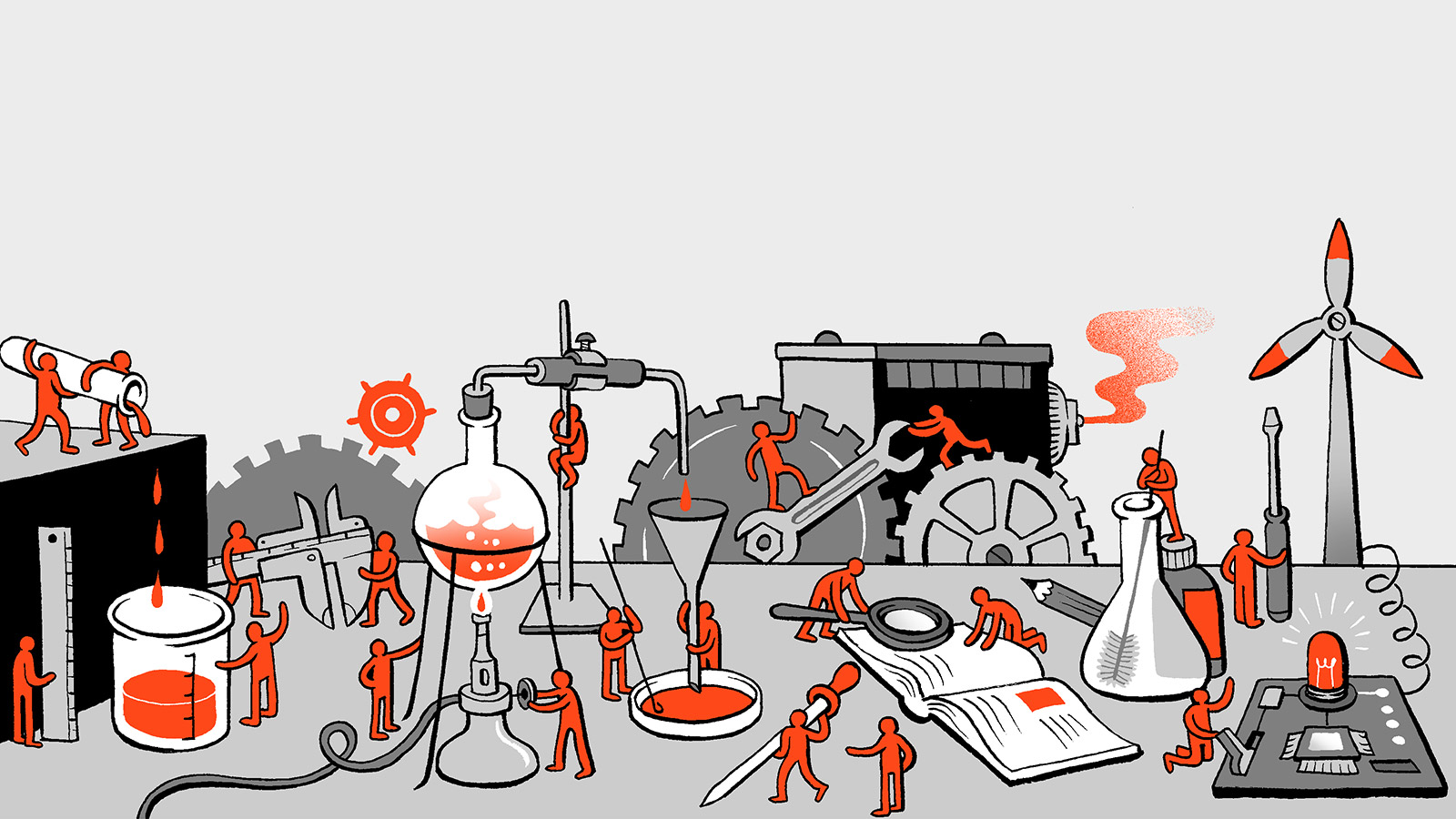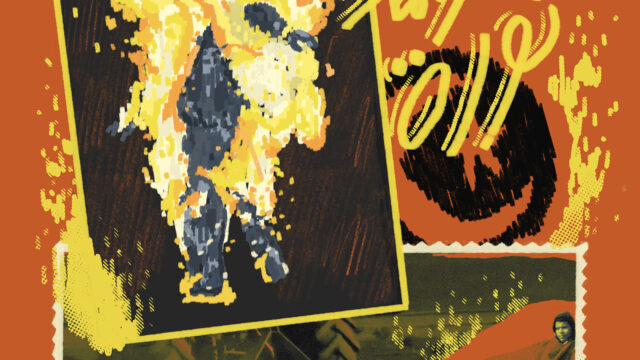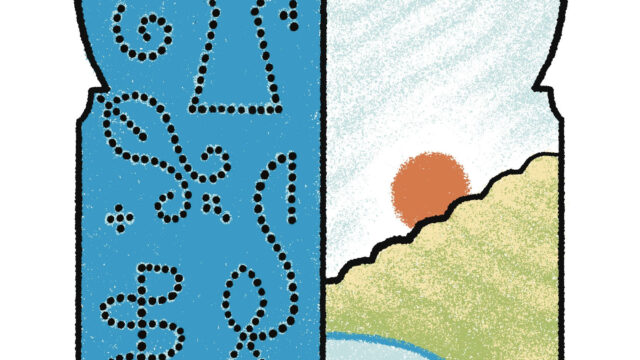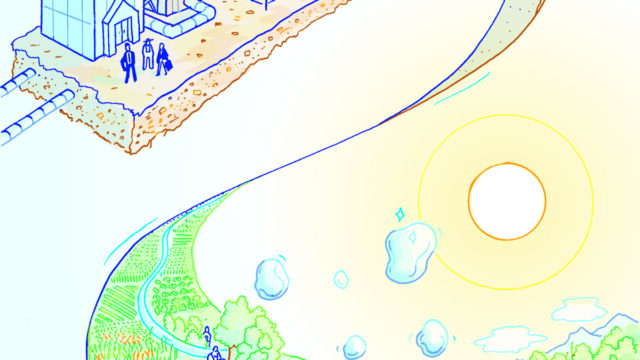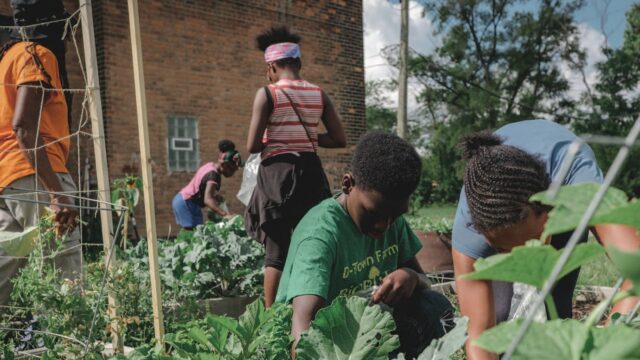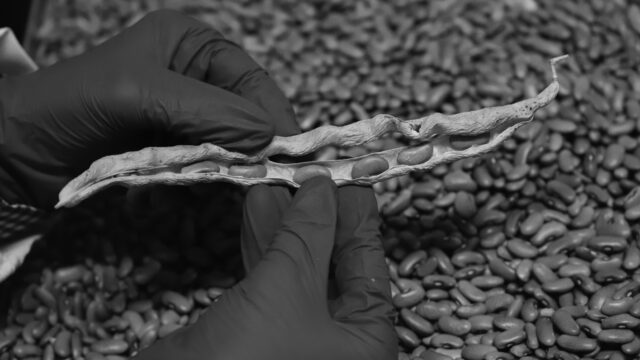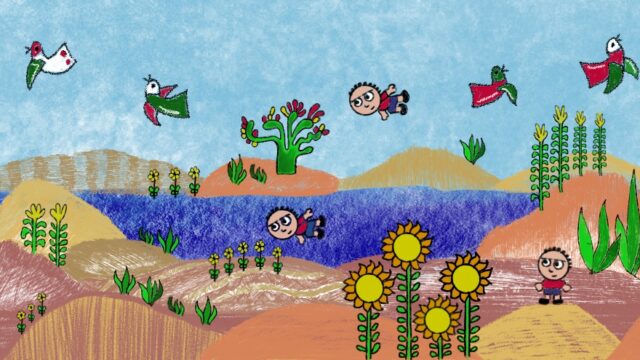تتبعاً للفكر الثوري عند ماو وفانون وكابرال، ألح صلاح الدين العمامي أن العلم والتكنولوجيا هما المفتاح للتحرير الوطني: لا يقتصر ذلك لفك تبعية السيطرة الامبريالية على أنماط الإنتاج، بل يضم أيضاً التطور التكنولوجيا بنائاً على أنماط تتناسب مع السياق التونسي.
Category - Vol25-1 The Soil and Worker
The dozens of people whose dedicated work made Volume 25, no. 2 a reality.
“Living in the afterlife of slavery means living on the planetary afterlife of the plantation.” Attempting to elucidate the racial logic of environmental crises, Justin Davis traced his own ancestry and provided historiographic accounts of...
The Arab Spring had an agrarian root, borne out of struggles for food security. Ayeb's and Bush's outstanding work captures this link and steers our imagination and action toward food sovereignty.
Following the line of revolutionary thought from Mao, Fanon, and Cabral, Slaheddine El-Amami saw science and technology as key to national liberation: not only delinking from imperialist control of production, but ecological development...
As the dairy industry in the United States consolidated, this case study of Vermont reveals structural obstacles that we must overcome in the transition to regenerative agriculture as responses to climate change.
The book connects, across a long timeframe, social movements of Black farmers to access land, knowledge, and materials to create farms and farming communities in the face of white supremacy.
UAWC works to empower Palestinian farmers, reinforce their steadfastness (sumud) on the land, and to achieve food sovereignty. They are recently targeted by Israeli occupation and Zionist forces in the West.
Palestinian youths today are paving the way toward establishing food sovereignty and reducing dependence on the products and employment of the occupation. They uphold their values and principles through a cooperative organizational model...
Mass farmer suicides in India driven by economic deprivation were examined through the stories of families trying to survive in the aftermath. However, Kota Neelima saw the widows as victims rather than revolutionary agents.



